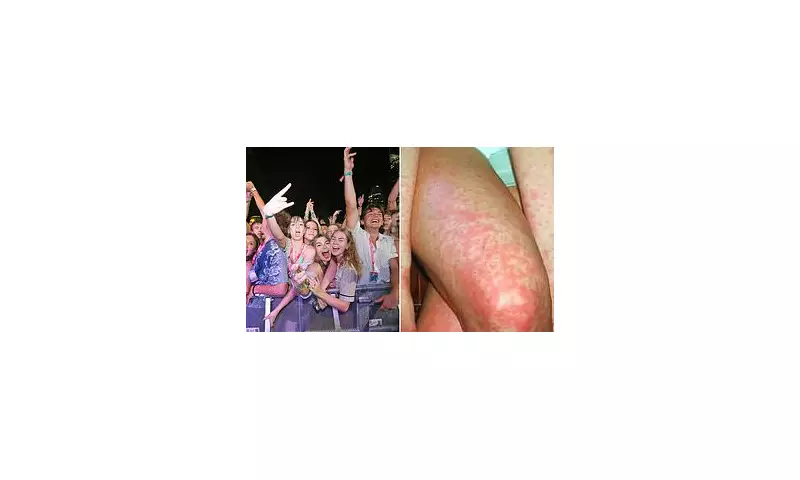
Health authorities are sounding the alarm as a dangerous meningococcal outbreak threatens thousands of teenagers preparing for Schoolies celebrations across Australia. With more than 100 cases already confirmed in 2025, experts fear the mass gatherings could accelerate the spread of this potentially fatal infection.
Understanding the Threat: What Makes Meningococcal So Dangerous
Meningococcal disease represents a rapidly progressing bacterial infection that can become life-threatening within mere hours. The condition has already manifested in 22 confirmed cases in Queensland alone this year, creating significant concern among medical professionals. The disease primarily spreads through close personal contact, making crowded Schoolies events particularly risky environments.
Dr Peter Simos, an infectious disease specialist at Gold Coast University Hospital, emphasised the urgency of the situation. "Meningococcal disease can progress rapidly, and every second without treatment risks irreversible damage," he warned. "The concern during Schoolies is that teens may dismiss early flu-like symptoms. I encourage anyone feeling unwell, even if in doubt, to seek medical help. Don't leave it too late."
Recognising the Symptoms: Beyond Typical Hangover Signs
Early detection proves crucial in combating meningococcal disease, yet this presents challenges as initial symptoms often resemble common illnesses. Warning signs include vomiting, sensitivity to light, headache, confusion, drowsiness, loss of appetite, fever, stiff neck, joint pain, nausea and fatigue.
The characteristic rash, while being one of the most recognisable indicators, may appear late in the infection's progression or not manifest at all. This underscores the importance of taking any combination of symptoms seriously, especially during the Schoolies period when teens might attribute feeling unwell to excessive celebration.
High-Risk Factors and Prevention Strategies
Research reveals several factors that substantially increase transmission risks. An Australian study involving more than 24,000 students found that smoking cigarettes nearly doubles the likelihood of carrying the bacteria. Additionally, attending pubs, clubs and engaging in kissing considerably elevates transmission chances.
Concerning statistics show that as many as one in four 19-year-olds carry the disease, alongside one in twenty infants. These figures highlight why health experts are particularly concerned about the upcoming Schoolies events, where tens of thousands of teenagers will gather in close proximity.
The disease carries devastating potential consequences, with up to 10% of cases proving fatal within 24 to 48 hours. Among survivors, approximately one in five face permanent disabilities including brain injury or limb loss, making early intervention absolutely critical.
Health authorities urge all Schoolies attendees to remain vigilant for any emerging symptoms and to seek immediate medical attention if concerns arise. In meningococcal cases, timely action can truly mean the difference between life and death.






